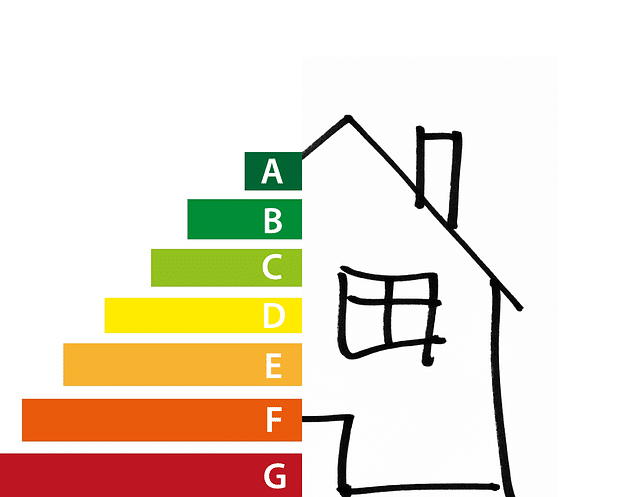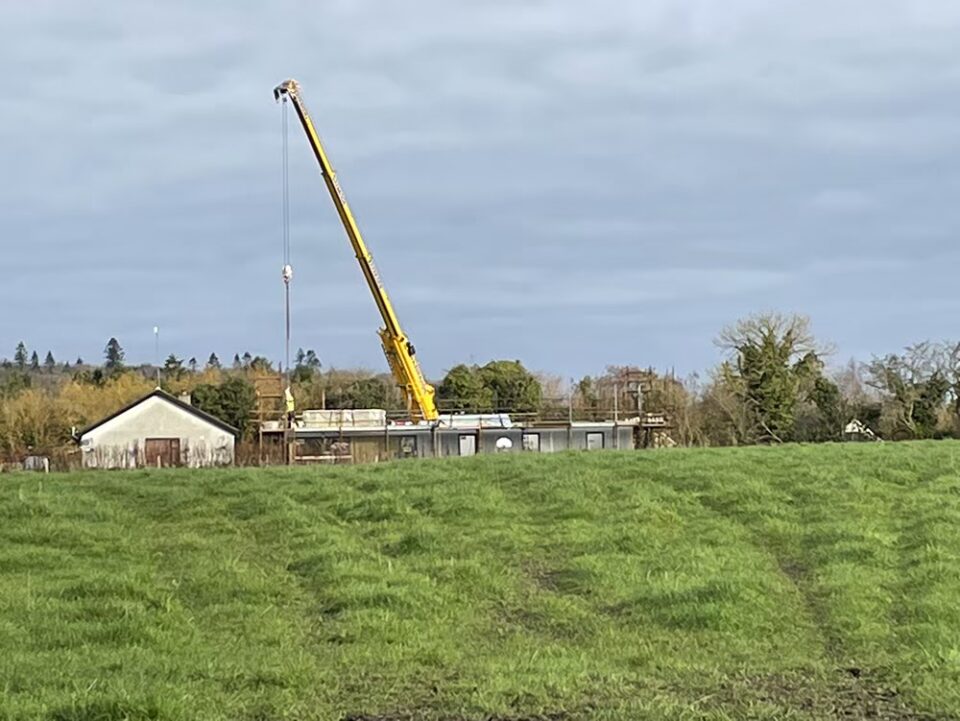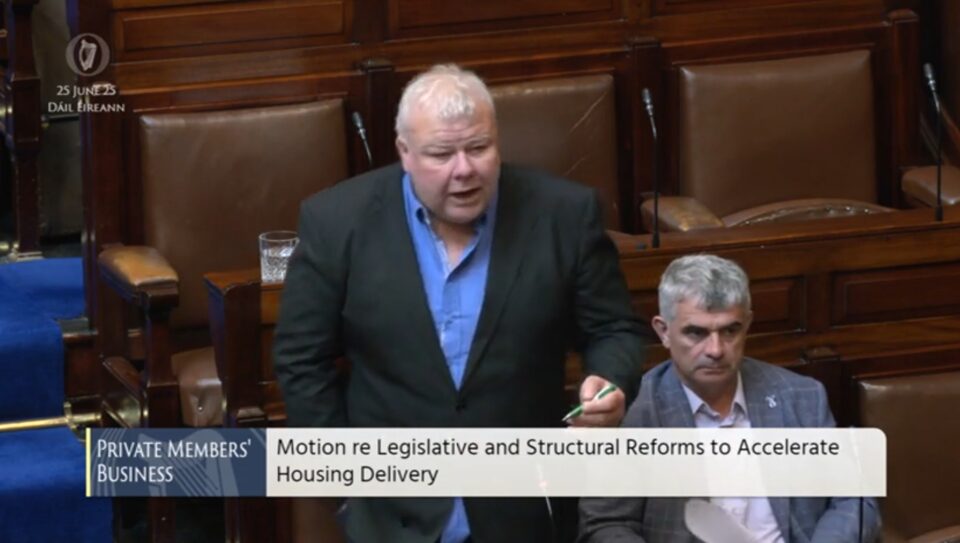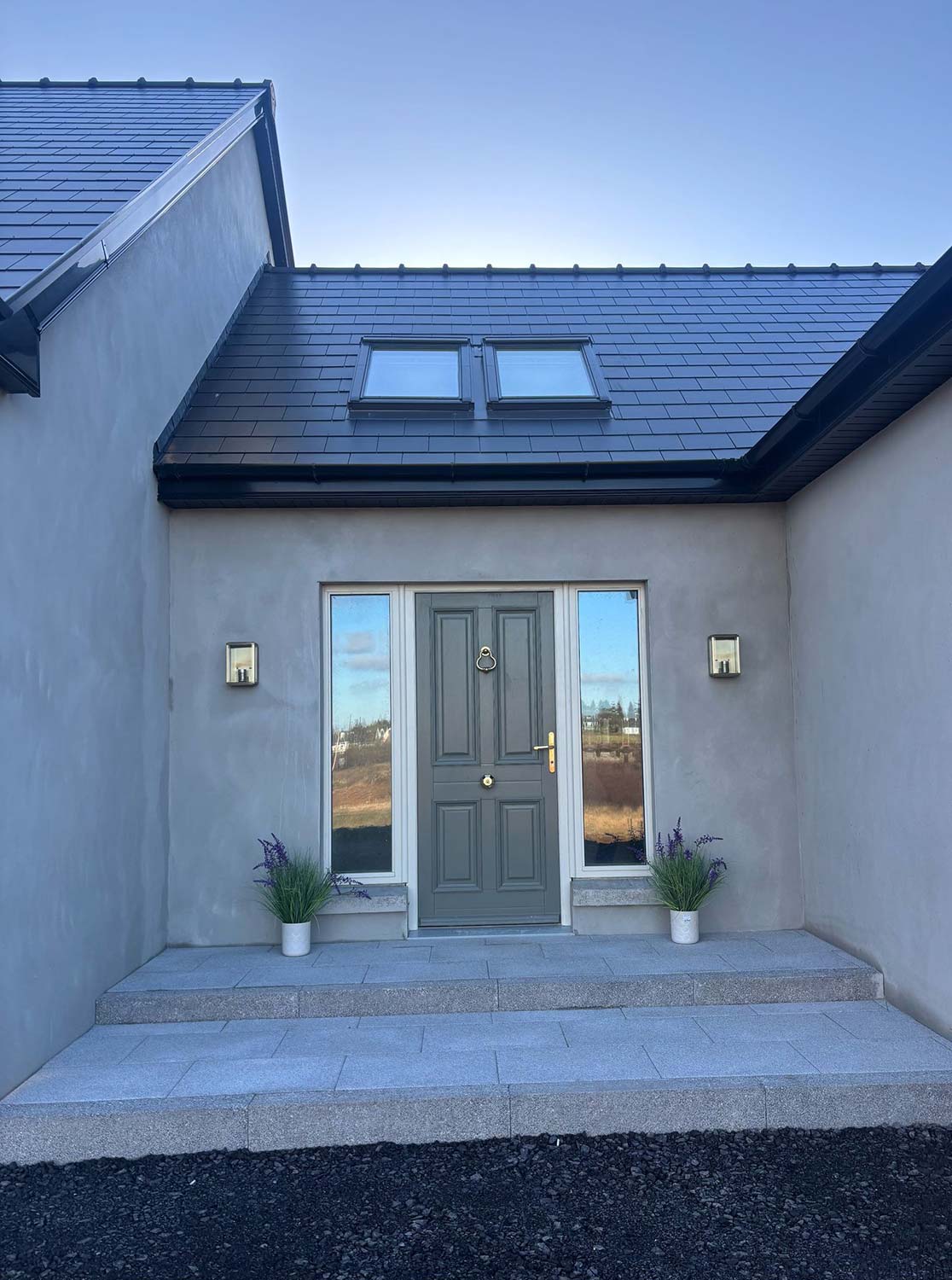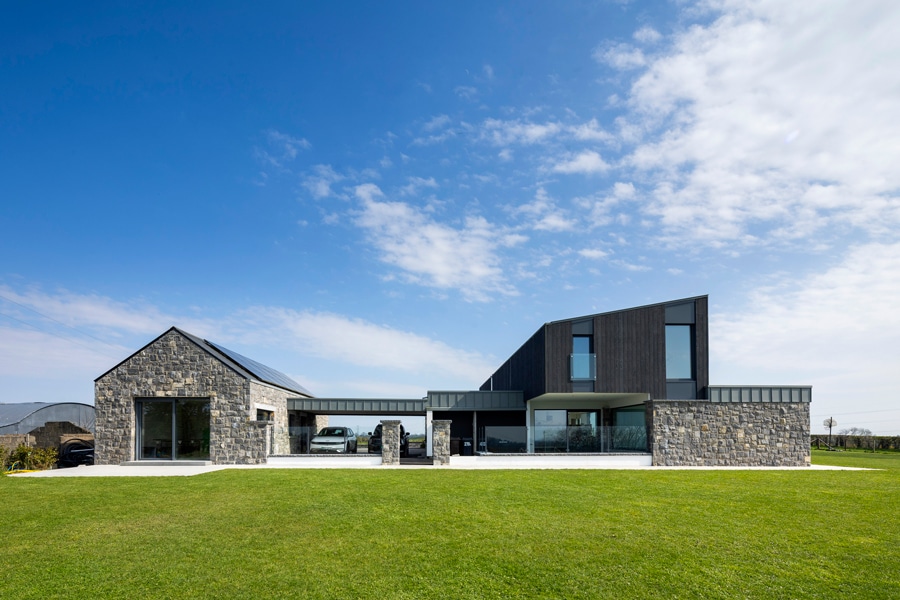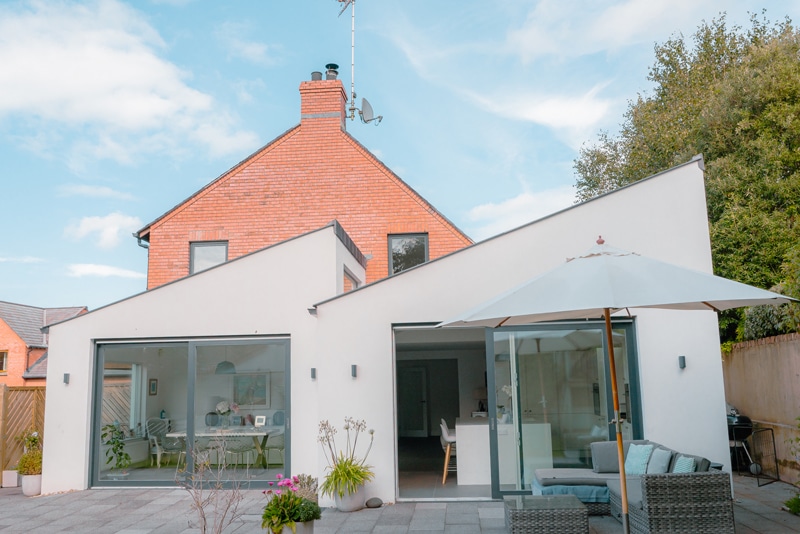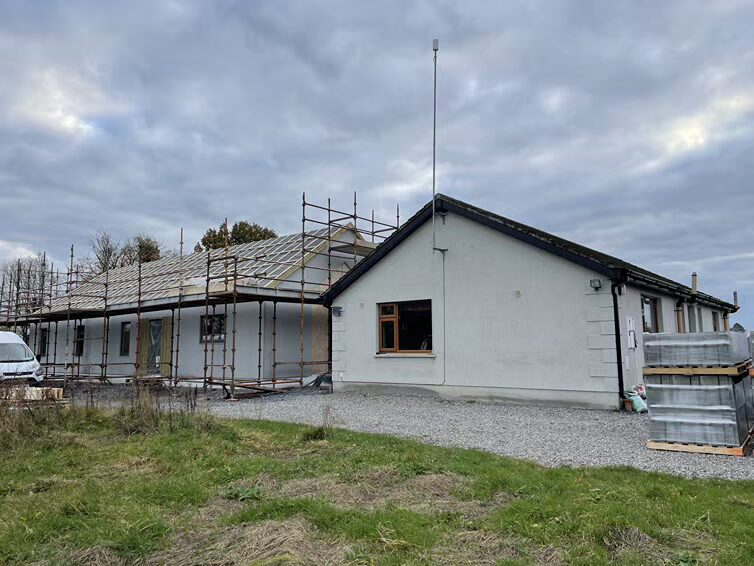The news comes on the back of hundreds of homeowners being left without a grant offer for the Deep Retrofit grant, which finances 50 per cent of in-depth energy upgrades in the home.
Energy upgrades of this magnitude, which include upgrades in insulation, airtightness, heating and ventilation systems, tend to cost at least €30,000 with many costing upwards of €65,000.
The Deep Retrofit grant is a pilot scheme that was devised with a shelf life of three years, to run to the end of 2019.
It is distinct from other energy upgrade grants available under the Better Energy Homes scheme.
According to the Irish Times some homeowners had spent €2,000 to apply for the pilot Deep Retrofit grant because they expected they would qualify and had applied before the deadline.
In response to the confusion, Minister Bruton announced that all eligible applications received before the July deadline would be issued with a letter of offer in September 2019.
For these applicants the October deadline to complete retrofitting works will not apply, with completion dates likely to move into 2020.
A new “model”
Minister Bruton also announced a taskforce would be looking at how the government will be able to significantly upgrade the energy efficiency of 500,000 homes, as promised in the Climate Action Plan, because current grant programmes are unable to meet this ambition.
The taskforce set up to devise this new model will “group homes together” and will “create easy pay back mechanisms (e.g. through your electricity bill) and find smart financing”.
Selfbuild understands the new pilot scheme will provide less financial support in the form of grants and more options in the form of financing models, making it easier to pay for the upgrades.
According to the Department, the taskforce will:
- Design a pilot to take place in 2020 in both an urban and a rural area to test the model
- Audit the models that exist both in Ireland and internationally, for delivering energy efficiency measures by aggregating premises
- Design smart finance options to leverage government funding to the best effect
- Design the most appropriate tender for the delivery of the aggregated model
- Assess the scope for easy pay models e.g. an equivalent ‘bike to work’ scheme. Homeowners who choose to upgrade can expect lower energy bills so there may also be potential for a scheme which allows for pay back through utility bills
- Consider how best to ensure a strong pipeline of talent, through apprenticeships, traineeships and upskilling and how best to build a strong supply chain






